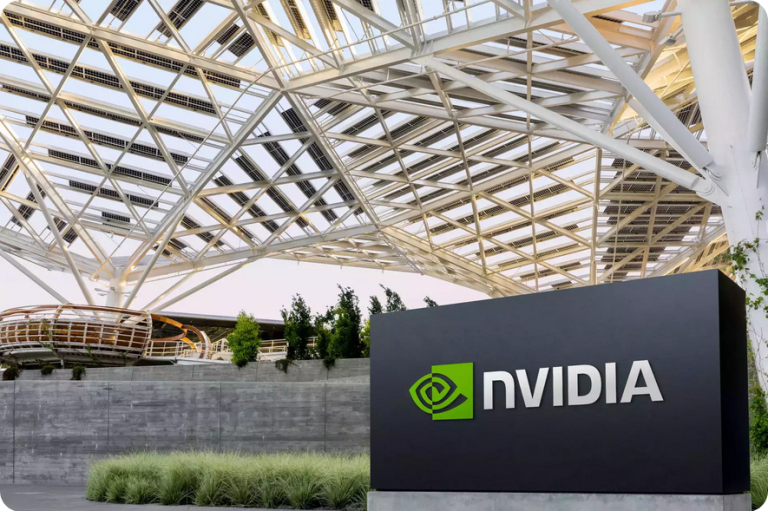Nvidia, a major supplier of chips for Artificial Intelligence, notes that recent design defects may lead to the delay of new AI chips. Such delays can have massive consequences for large technology actors such as Microsoft, Google, or Meta, formerly known as Facebook.
Blackwell Chip Series
Nvidia released the Blackwell chip series in March and the company has released its previous flagship AI chip, Grace Hopper Superchip. Blackwell chips were intended to enhance the speed of generative AI applications to meet the rapidly increasing need for Sophisticated AI.
Design Flaws
Citing information from the tech publication, The Information, design problems in the Blackwell chips could lead to a delay of at least three months for its release. This could be harmful to customers who have placed combined chip orders in the tens of billions of dollars. Some of the customers are Meta, Google, and Microsoft which all depend on Nvidia’s AI technology in different ways.
Implications for Microsoft, Google, and Meta
Microsoft is one of Nvidia’s significant customers and utilizes AI chips in its Azure cloud computing and various other solutions related to artificial intelligence. Any postponement in the Blackwell chip release might hamper the implementation of Microsoft’s strategy and AI solutions.
This brief analysis shows that Google has applied AI across search engines, natural language processing, and machine learning. This may affect Google’s efforts to improve its services and come up with new AI-based features. Meta, the company that owns Facebook, is a major user of AI for content moderation, recommendation, and virtual reality. There could be a disruption of Meta’s technological progression if AI chips are unavailable or delayed.
Impact of the delay on other AI chip manufacturers
Since Nvidia’s chips might be late, other market participants may experience rising sales of their current models. Firms that depend on specific AI chips to support their services and products might start looking for suppliers. This means that competitors like AMD, Intel, and Qualcomm can successfully attract consumers’ attention and expand their market share. If this is the case and Nvidia continues to delay, it risks losing its consumer base, and therefore there may be changes in market share.
The competitors can increase the rate of investments in research and development to maximize the opportunity. They could dedicate their efforts to enhancing the existing AI chips or designing new ones. The second tier includes smaller chip manufacturers who might decide to partner with software companies or even startups. Such combinations could result in new ideas and approaches being developed. Another issue that may be influenced by the supply-demand relation is the price factor. If demand outstrips supply as a result of Nvidia’s delay, competitor products might increase price to make the most of it.
Response of Nvidia
Nvidia has stated that the production of the second half of the year is still on track despite the design flaws being reported. However, the situation must be closely watched, particularly bearing in mind the importance of these chips in driving the advancements of artificial intelligence.
Conclusion
The delay to Nvidia’s new AI chip could extend its impact beyond the technology sphere. This means that any disruption in the supply of chips that form the backbone of these innovations may pose challenges to the competitive strategies and growth of these companies. As much as it impacts its customers directly, Nvidia’s delay also presents opportunities and threats to other participants in the global AI chip space.

Note: You can reach us at support@scoopearth.com with any further queries.
Linkedin Page : https://www.linkedin.com/company/scoopearth-com/













